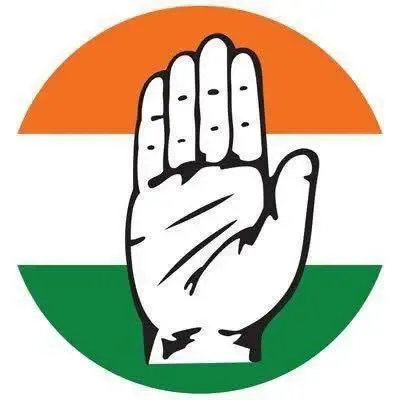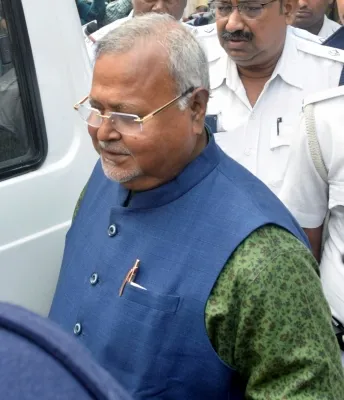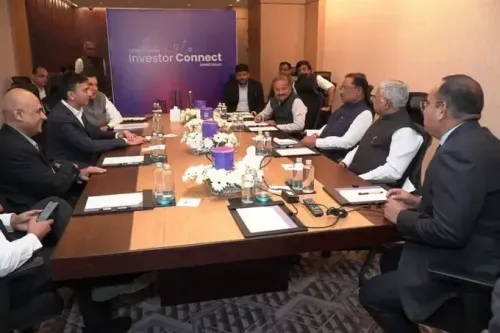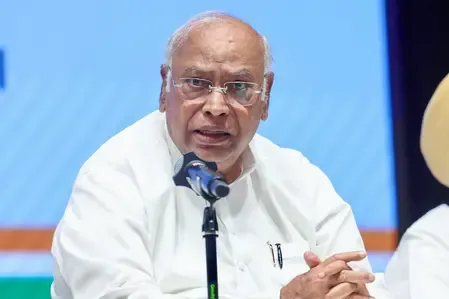Can India and Pakistan Really Engage in Peace Talks?

Synopsis
Key Takeaways
- India's dialogue with Pakistan must be bilateral.
- Terrorism and negotiations cannot coexist.
- Indus Waters Treaty is conditional on Pakistan's actions.
- India remains firm on Kashmir discussions.
- Pakistan's willingness for talks is seen as a response to India's actions.
New Delhi, May 29 (NationPress) India reiterated its position on Thursday that any form of dialogue with Pakistan must be bilateral; terror and negotiations cannot coexist; and the Indus Waters Treaty (IWT) will be put on hold until Pakistan credibly and irrevocably renounces its backing of cross-border terrorism.
“We have maintained a clear and consistent stance regarding engagement with Pakistan – it must be bilateral. Additionally, terrorism and talks are mutually exclusive. We are open to discussing the extradition to India of known terrorists whose names were provided to Pakistan in the past,” stated Randhir Jaiswal, spokesperson for the Ministry of External Affairs (MEA), during a routine media briefing in New Delhi.
“I want to emphasize that any bilateral discussions concerning Jammu and Kashmir will strictly revolve around the withdrawal of the illegally occupied Indian territory by Pakistan. Regarding the Indus Waters Treaty, it will be suspended until Pakistan credibly and irrevocably abandons its support for cross-border terrorism. As our Prime Minister has stated, terror and trade cannot coexist, and water and blood cannot flow together, ” he added.
The MEA's emphatic response comes as Pakistan, having been pressured by India’s decisive Operation Sindoor, has suddenly expressed its intent to engage in peace talks with India.
Since Monday, Pakistan's Prime Minister Shehbaz Sharif has mentioned on two occasions Islamabad's readiness to discuss ongoing disputes with India.
“We are prepared to engage in talks for the sake of peace on water-related issues with our neighbor. We are open to discussions to promote trade and also on counter-terrorism if they are serious,” stated Sharif during a joint press conference with Iranian President Masood Pezeshkian in Tehran on Monday.
Sharif reiterated his willingness to converse with India while attending the Pakistan-Turkey-Azerbaijan Trilateral Summit alongside Recep Tayyip Erdogan and Ilham Aliyev in Lachin, Azerbaijan, on Wednesday.
“I humbly express our desire for peace in the region, which necessitates discussions on urgent matters that require amicable solutions... I have earnestly stated that if India is sincere about talking on countering terrorism, Pakistan is willing to engage on this issue as well,” he said.
Shehbaz Sharif previously suggested Saudi Arabia as a neutral ground for talks with India, indicating that the United States could act as a mediator between the two nations.
Nevertheless, Prime Minister Narendra Modi has consistently emphasized India's robust stance against terrorism, asserting that there will be no dialogue or trade with Islamabad unless it relinquishes its unlawful occupation of Kashmir.
“If any discussions are to take place, they will focus on Pakistan-occupied Kashmir (PoK). If Pakistan continues to export terrorism, it will find itself begging for every penny. It will not receive a single drop of Indian water,” he stated during an address in Bikaner, Rajasthan, last week.
PM Modi also asserted that “playing with the blood of Indians will have severe consequences for Pakistan.”








